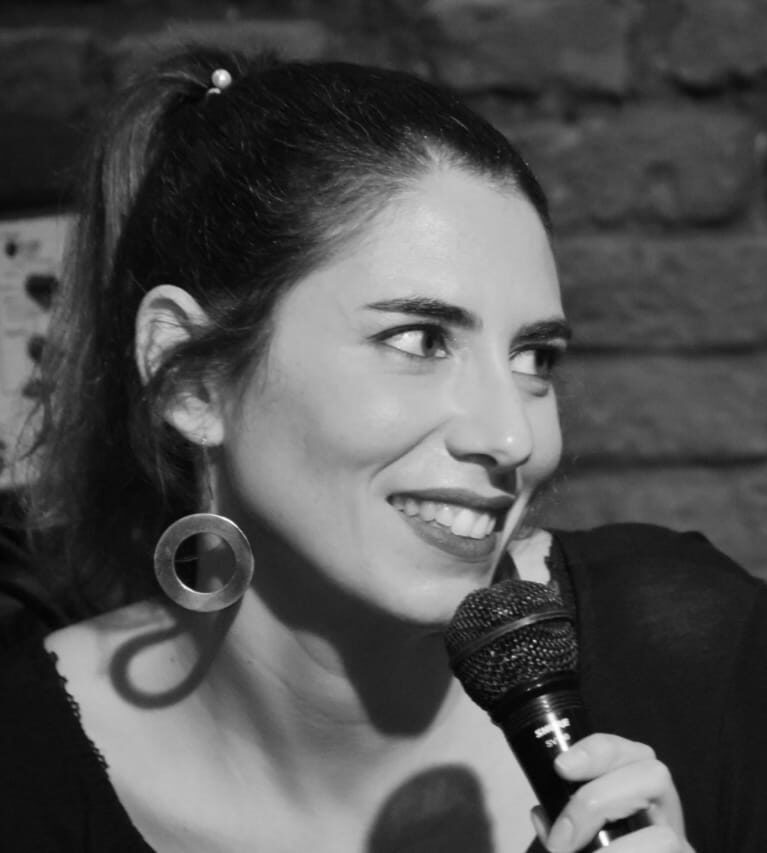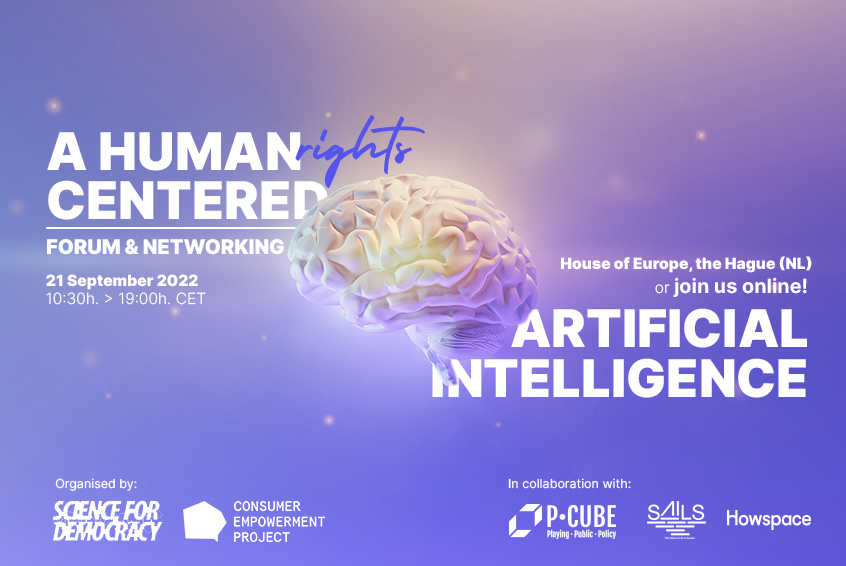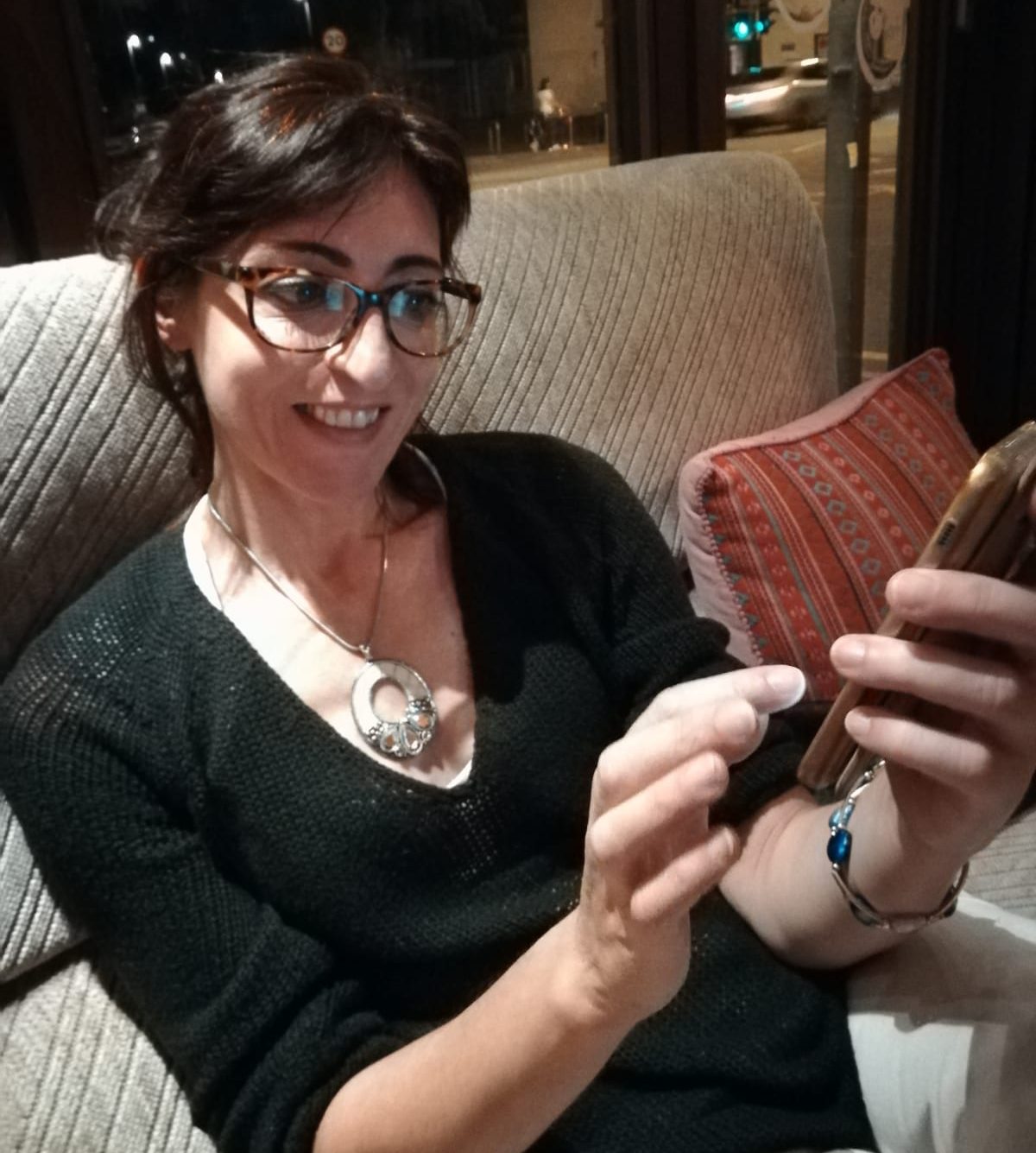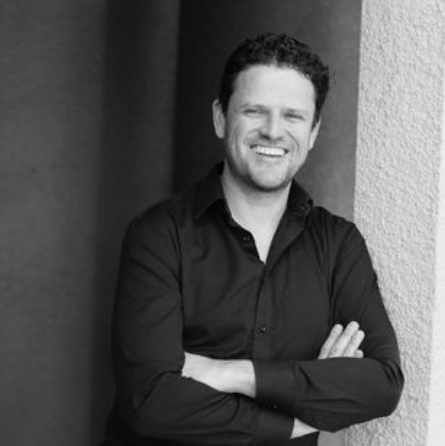
The Organization esparCiencia and the Associations Science for Democracy and Associazione Luca Coscioni invite educational institutions to the free online event in Spanish: Exacta-Mente Mujeres
WHEN: Tuesday, March 8th, International Women’s day. The event will take place twice in the following hours, depending on the different time zones.
- First event (for Spain) TIME: 13 h (CET time)
- Second event (for the Americas) TIME: 11.00 h. (Argentina and Chile time), 8 h. (Guatemala and Mexico time), 9 h. (Colombia, Peru, and USA (EST) time), 10.00 h. (Venezuela time)
DURATION: 1 hour
WHERE: Online, Zoom platform – Registration link
LANGUAGE: Spanish
EVENT COORDINATOR: Francesca Battista, Ph.D. and member of Science for Democracy – battistafrancesca@gmail.com
MAIN OBJECTIVES: To demonstrate to students through real-life experiences, that:
- Despite cultural stereotypes, many women choose university careers in natural sciences, mathematics, computer science, and engineering, and they are successful in their studies;
- An education in these fields can open doors to a wide variety of different jobs, more than it is usually imagined;
- There is no need to fear the choice of an education path, change and success are always possible in life.
PROGRAM: This will be a dynamic event that will provide students with the opportunity to interact with our speakers. They are professional women with an education in the STEM fields who work in different areas: foundations, art curatorship, finance and banks, international organizations such as the United Nations, R&D for private companies, research in public universities, and science communication.
Speakers will connect to the event from Argentina, Belgium, Chile, Italy, Spain, and the USA.
Agenda of the event:
- Brief introduction about gender and science stereotypes (5-7 minutes)
- Speakers will talk about their studies, the difficulties they encountered, their achievements and successes, the type of work they do, and how their educational background helped them achieve their positions (25 minutes)
- Participants will then have the time to ask speakers questions based on their own doubts, curiosities, and interests (25 minutes).
HOW TO REGISTER: By filling this online form (preferred option) or by e-mail to battistafrancesca@gmail.com. If choosing to write an email, please write “Exacta-mente Mujeres” in the subject of the e-mail and indicate in its body the name and the country of the school, as well as a contact e-mail address where to send the link to attend the event and a flyer that can be used to promote it on social networks.
OUR MOTIVATIONS: Gender equality for all areas of social life is one of the Sustainable Development Goals established by the United Nations in 2015. In 2019, the World Economic Forum estimated that it would take at least 257 years to close the gender economic gap. One of the reasons for the existence of this gap is that women are systematically under-represented in emerging roles, especially in the areas related to sciences and technology. While in the last decades, many countries have taken action to promote the participation of women in sciences, there is still a limited number of girls choosing these disciplines. Ersilia Vaudo, Chief Diversity Officer at the European Space Agency (ESA), states in the book Così san tutt3. Diritto alla Scienza, istruzioni per l’uso(Fandango Libri, 2021) that the reason for this trend is not “a mere question of intrinsic capabilities. A study recently published in Nature shows that children do not show gender differences in quantitative and mathematical abilities between 6 months and 8 years of age. Differences appear later, and their root is mostly to be found in social and cultural factors.”
With this initiative, the Organization esparCiencia and the Associations Science for Democracy and Associazione Luca Coscioni would like to contribute to the social change required to reach the objectives set by the United Nations and to help teenagers overcome stereotypes about gender, sciences, and work.






